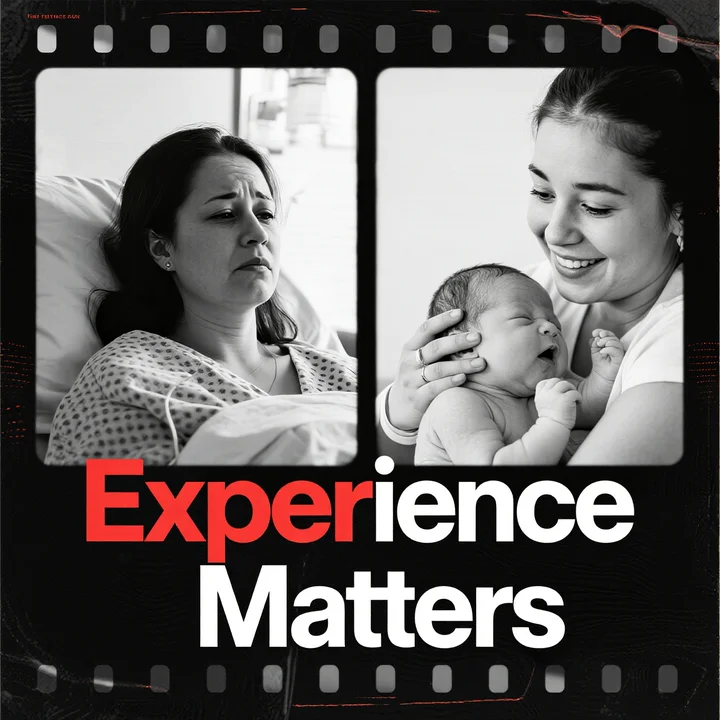The requirement that surrogate mothers must have previously carried a pregnancy to term is standard in most reputable surrogacy programs. This policy exists for medical, legal, and psychological reasons, ensuring the safety of both the surrogate and the baby.
Key Reasons for This Requirement
1. Proven Medical Readiness
- Pregnancy Experience confirms the surrogate’s body can safely carry a baby to term.
- Lower Risk of Complications: Women who have given birth before have a documented history of handling pregnancy-related changes (e.g., blood pressure, uterine stretching).
- Avoiding First-Time Risks: First pregnancies have higher risks of conditions like preeclampsia or gestational diabetes.
2. Psychological Preparedness
- Emotional Stability: Having already experienced childbirth helps surrogates understand the physical and emotional demands.
- Postpartum Experience: They know what recovery entails and are less likely to struggle with unexpected postpartum emotions.
- Bonding & Separation: Mothers who have their own children may find it easier to emotionally separate from the surrogate baby.
3. Legal & Ethical Safeguards
- Informed Consent: A woman who has given birth before fully understands the medical and legal implications of pregnancy.
- Reduced Risk of Attachment Issues: Agencies avoid first-time mothers who might struggle with relinquishing the baby.
- Established Parenting Role: Surrogates with children are less likely to change their minds about surrogacy.
4. Fertility & Reproductive Health
- Confirmed Fertility: A prior successful pregnancy ensures no undiagnosed infertility issues.
- Cervical Readiness: Women who have delivered vaginally have a cervix that has already dilated, reducing risks in future births.
Exceptions & Alternative Cases
While rare, some situations allow exceptions:
- Gestational Carrier Using Own Egg (traditional surrogacy) may have different guidelines.
- Close Family Surrogacy (e.g., sister carrying for sister) might have relaxed rules under strict medical oversight.
However, most agencies and fertility clinics enforce this rule strictly to minimize risks.
Conclusion
Requiring surrogates to have prior childbirth experience is a protective measure—ensuring medical safety, emotional stability, and legal clarity. This standard significantly increases the chances of a healthy pregnancy and smooth surrogacy journey for all parties.
Would you like details on how surrogates are screened beyond this requirement? 😊




